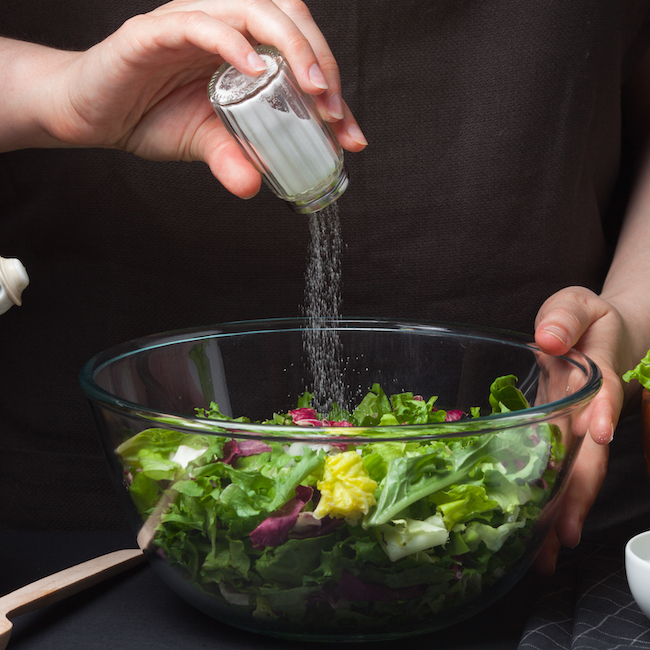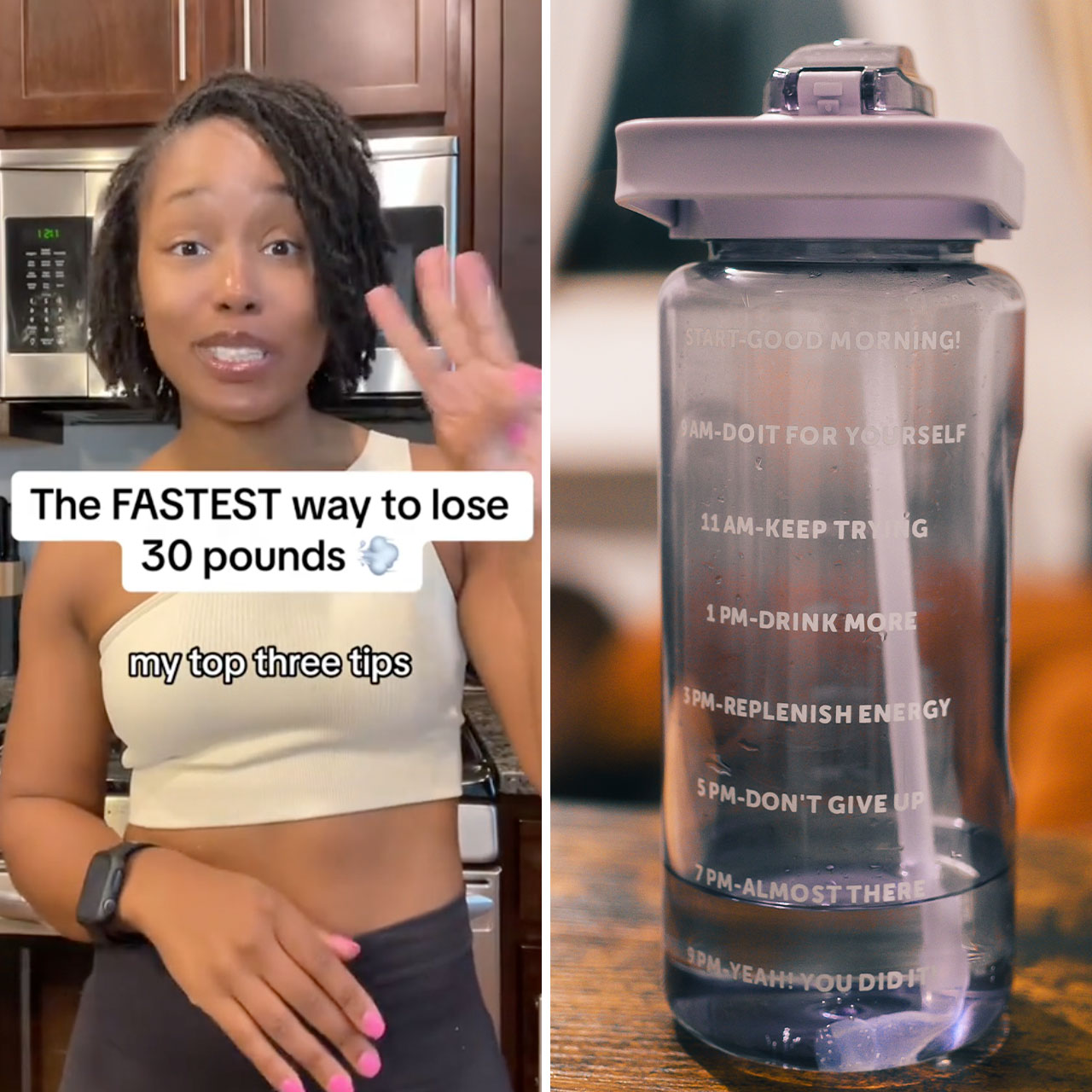There’s nothing like the taste of salty french fries, but just like anything, too much salt can have negative health effects. You’ve probably heard that excessive salt in your diet can have a negative impact on your heart, but are there other risks you may not be accounting for? There are lots of misconceptions when it comes to salt, specifically what types are worse for you, and how much you should be eating. We asked Dr. Pradhdeep Sethi, a cardiologist at Dignity Health-St. Bernardine Medical Center, what actually happens to your body when you eat too much salt, and how to know if you are consuming a healthy amount.


First thing’s first, it’s important to note where the majority of sodium comes from in our diet. You shouldn’t necessarily worry about the amount of table salt you’re adding to food while cooking, but instead the sodium content in processed foods. “Most of the excess sodium consumed comes from eating processed foods in which salt is usually the preservative,” Dr. Sethi explains, “It's important to read the nutrition labels and compare sodium content. Foods such as poultry, cheese, and some breads can have excess sodium especially in processed, pre-packaged, and restaurant foods.” Additionally, some over-the-counter medications contain high levels of sodium as a preservative, so be sure to compare labels when purchasing. For reference, the American Heart Association suggests that adults consume less than 1500 mg of sodium daily even if you don't have high blood pressure. When you’re shopping, it’s a good rule of thumb to check ingredient labels and make sure the sodium content isn’t exorbitant.
You’ve probably heard about the dangers of salt in a cardiovascular context, but what are some other ways it can impact your body when consumed in high amounts? “Consuming too much salt can have a negative effect on a variety of organ systems, not just the cardiovascular. High blood pressure is the most well recognized effect. However, eating too much salt increases the risk of kidney disease, stroke, heart failure, and heart muscle enlargement. It is also associated with an increased risk of osteoporosis and stomach cancer.” Besides all this, one major thing excess salt can cause is water retention. This is a common cause of bloating, puffiness, and weight gain. If you struggle with any of these things, it is worth being particularly watchful of how much salt you’re consuming by checking ingredient labels and cutting back on processed foods.

Dr. Sethi also shared some tips he recommends for cutting back on salt intake. “The first thing to realize is that reducing salt intake does not mean eating bland food, as the flavor in most foods comes from seasonings.” When you’re buying seasonings, one thing that Dr. Sethi recommends is going for salt free options. “Herbs and natural spices add flavor without the salt. Although they can be more expensive, you often have to use less.” One shopping tip that Dr. Sethi suggests is choosing low sodium canned vegetables and condiments, like soy sauce and ketchup, which typically have high sodium content in their regular form.
Cardiovascular issues aren’t the only potential risks of a high sodium diet—if you struggle with bloating or puffiness, it may be worth looking closely at how much sodium you consume, and making the dietary changes suggested above. However, you should always check with your doctor if you experience any persistent symptoms or discomfort physically.


























